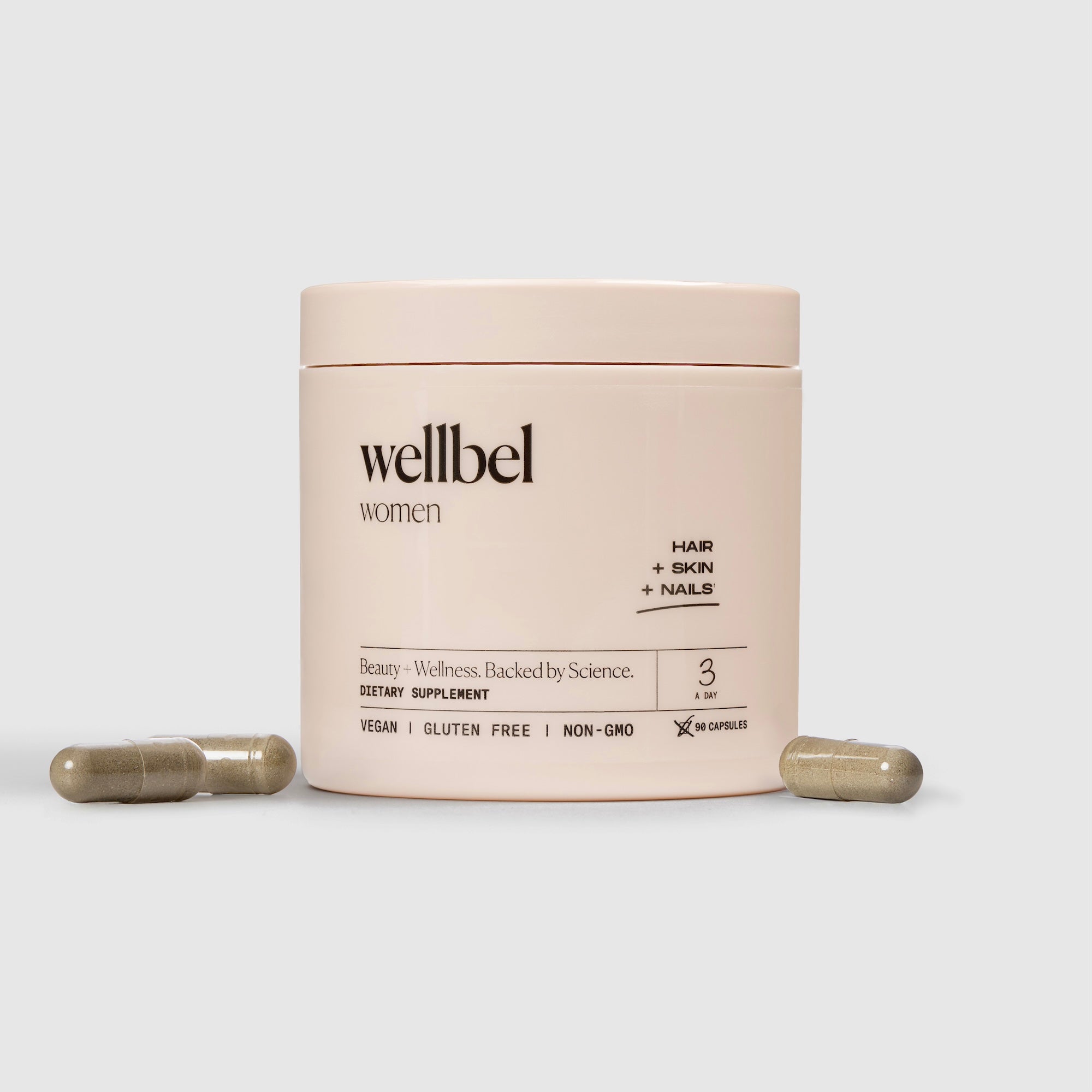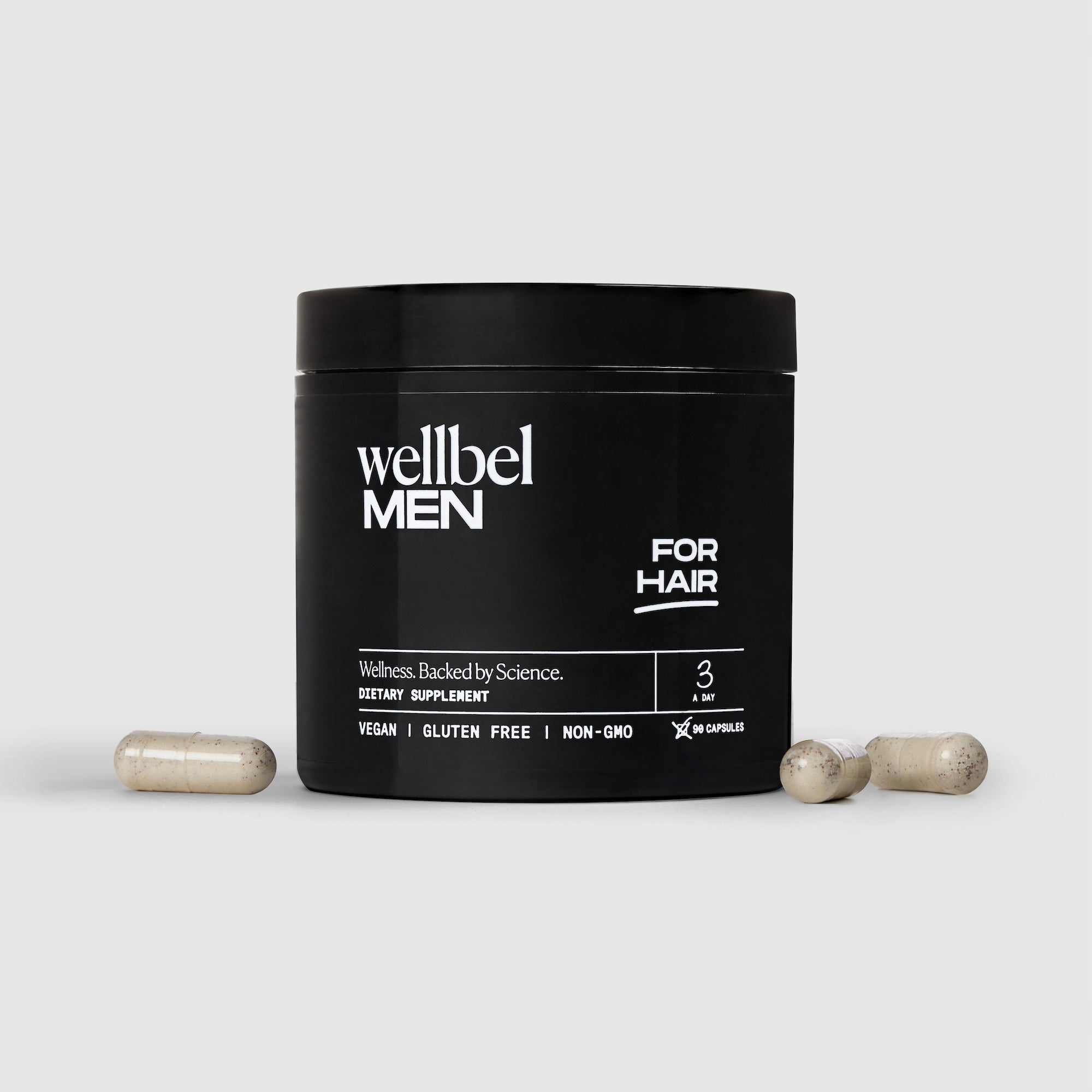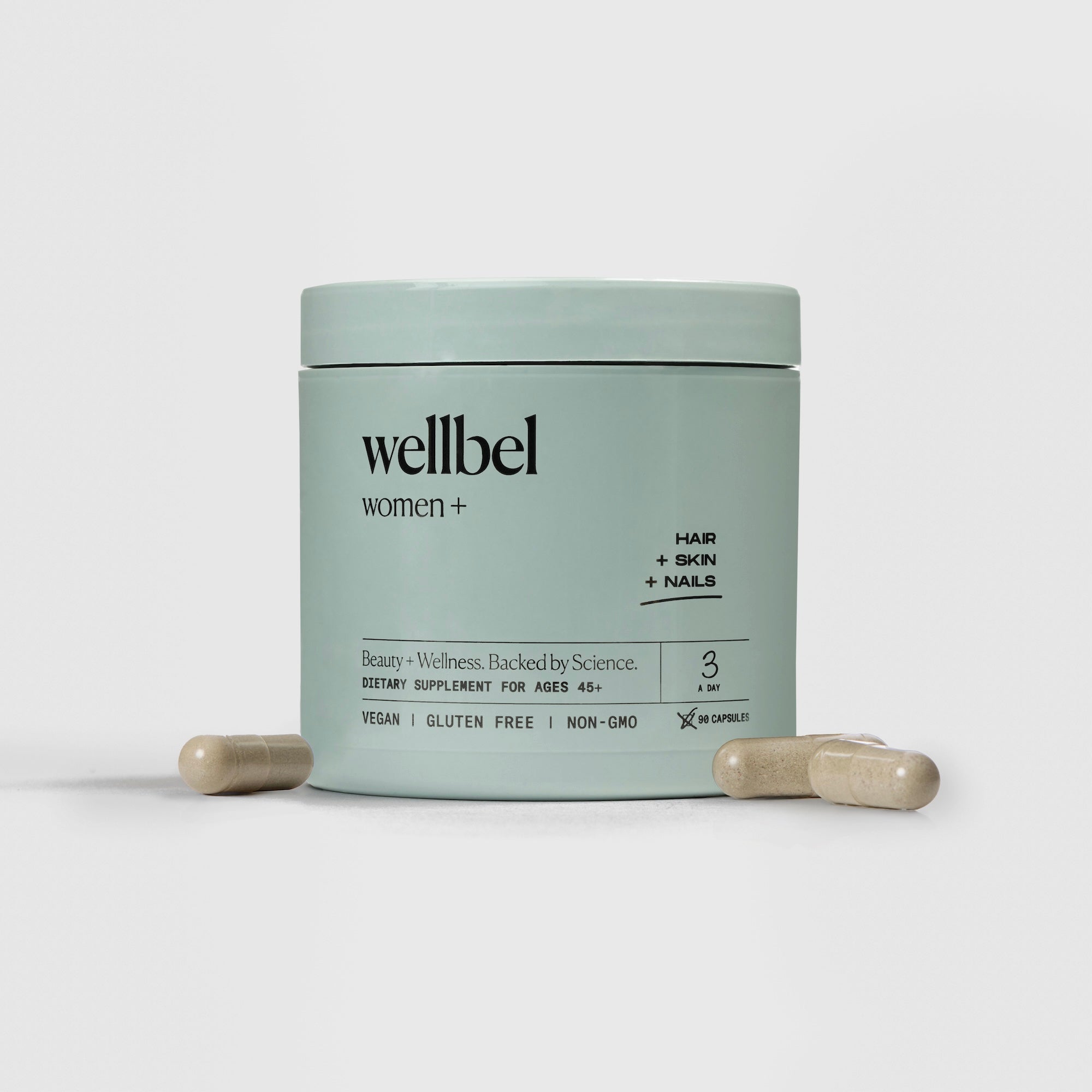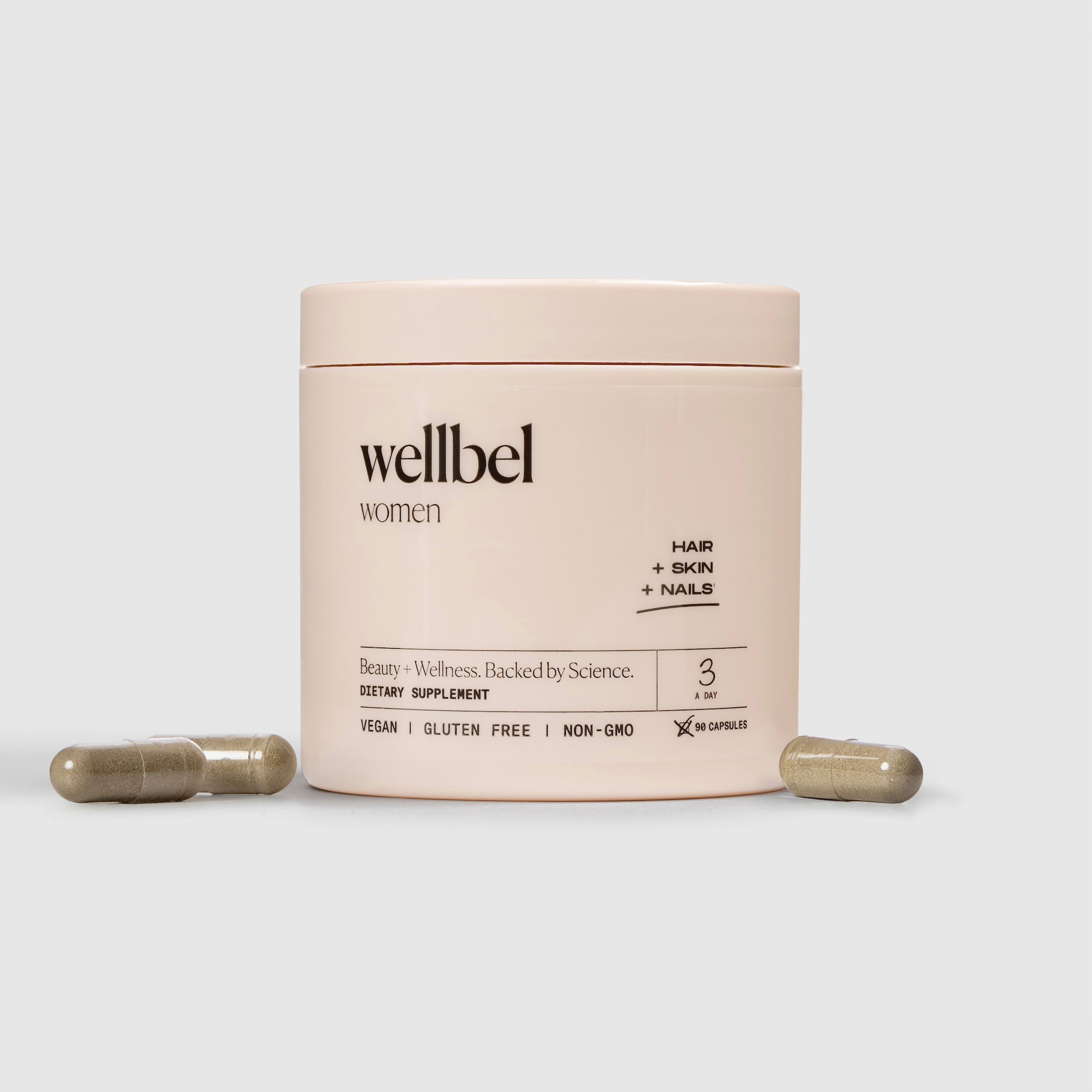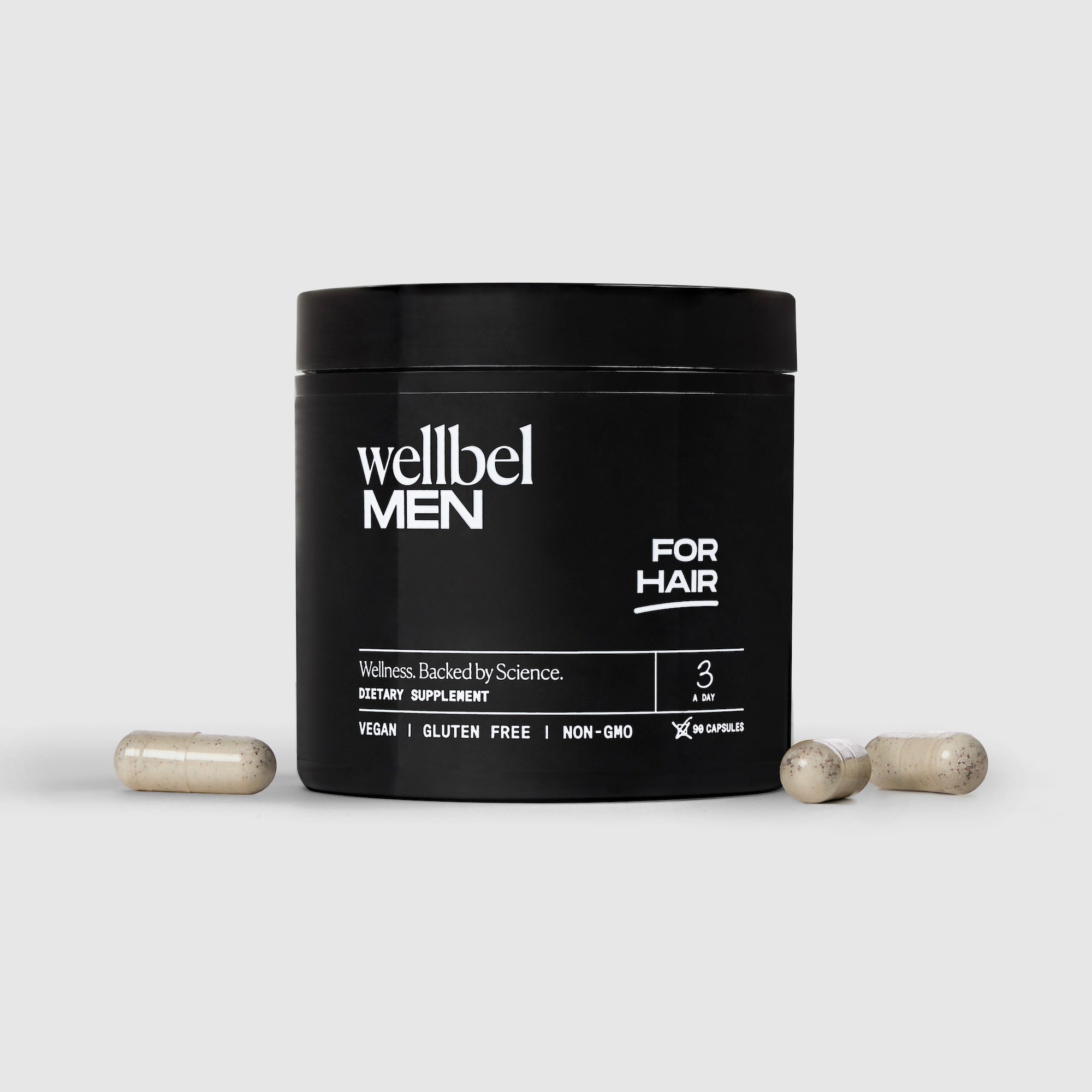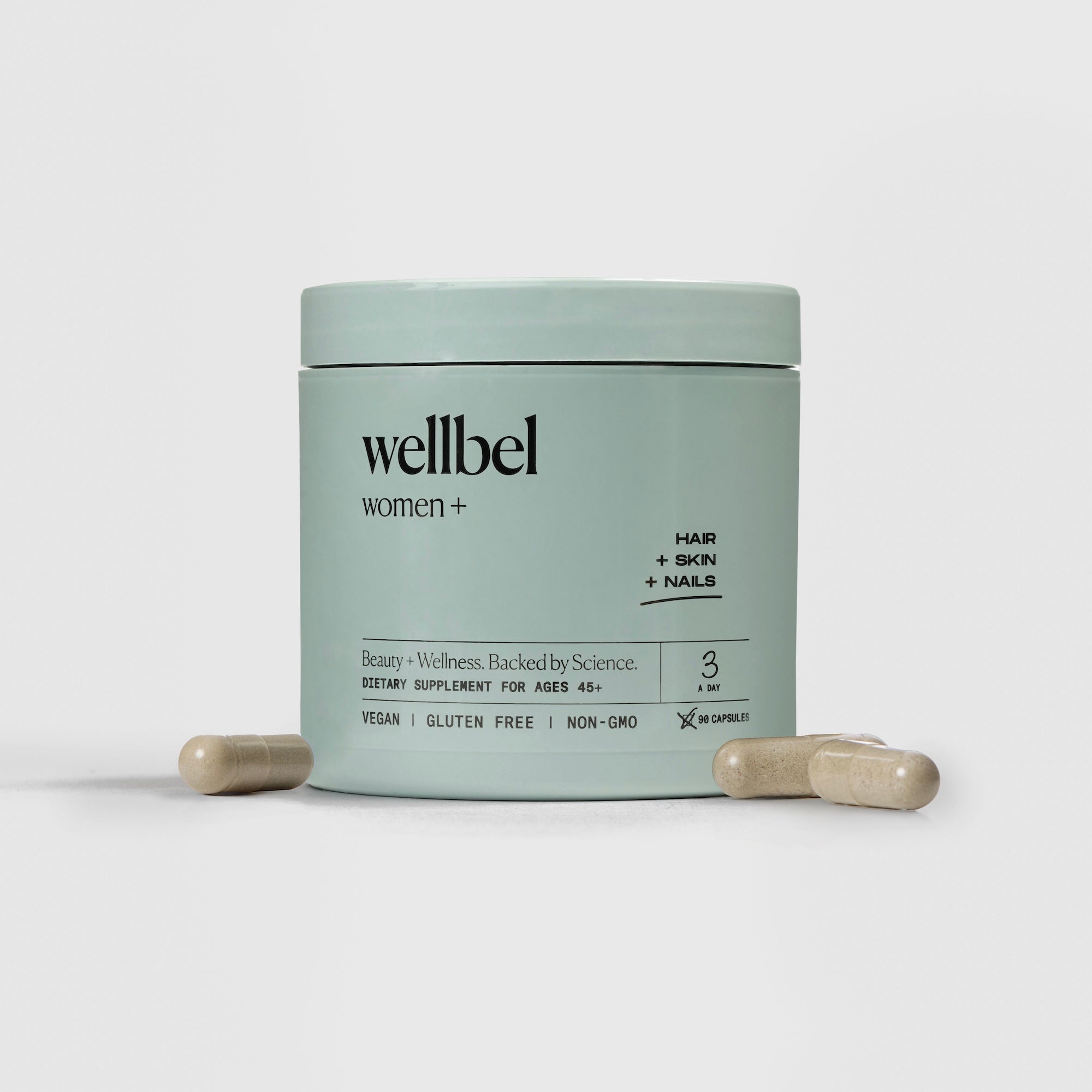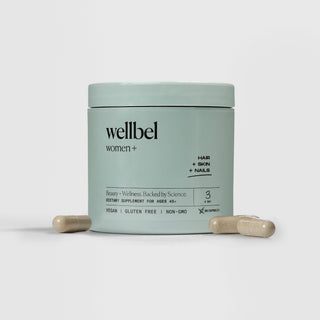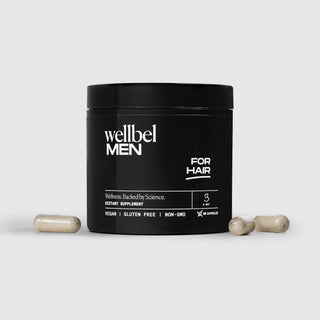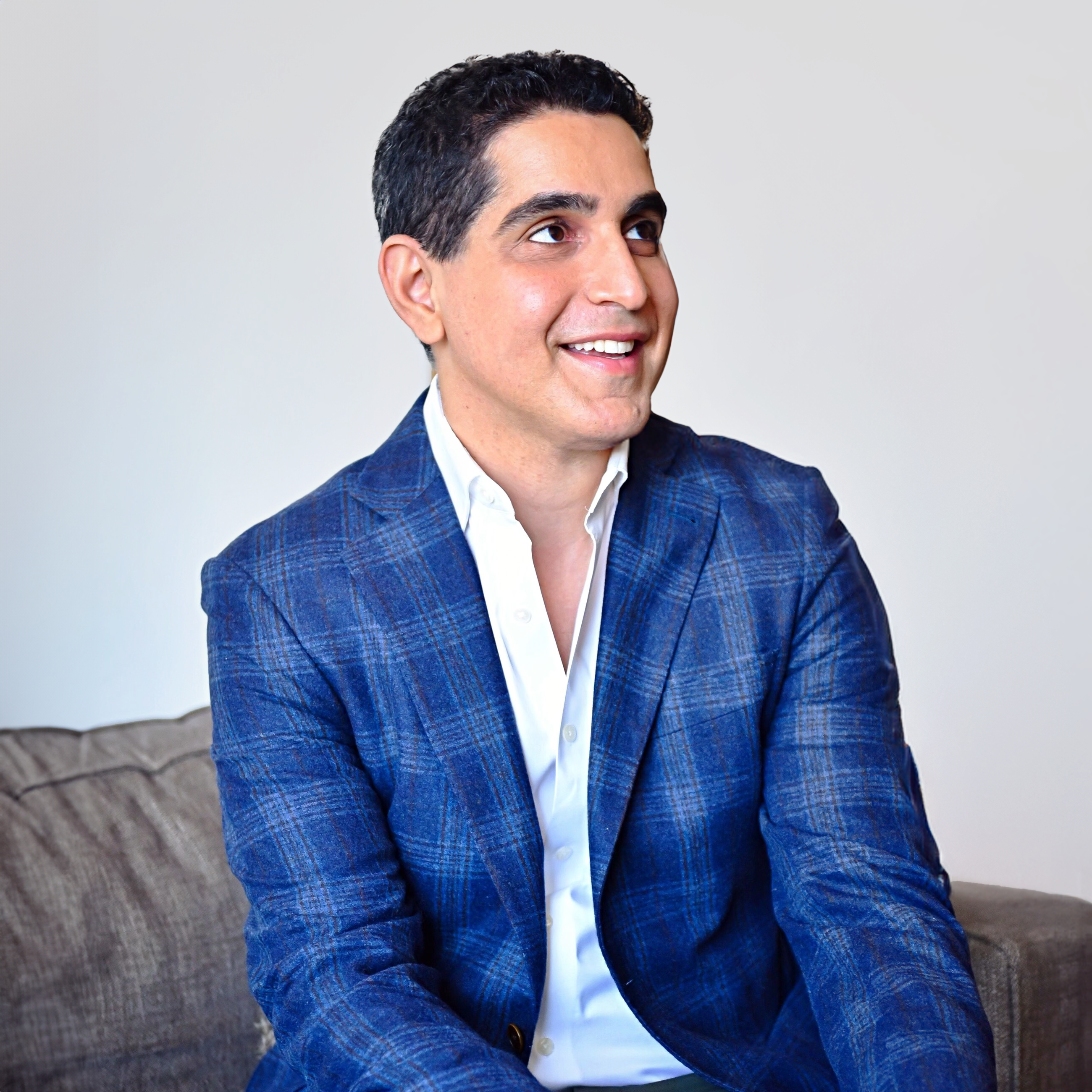Do Hats Cause Hair Loss?
Wearing hats frequently can contribute to the development of traction alopecia, a type of hair loss caused by tension and pressure on the hair follicles. Tight-fitting hats, especially those with elastic bands or heavy materials, can cause constant pulling on the hair, leading to breakage and weakened hair follicles over time. While hats offer protection from the sun and weather, it’s essential to choose ones with a looser fit or to avoid wearing them for extended periods to reduce the risk of strain on the scalp. Regularly alternating between wearing a hat and allowing the hair to breathe can help prevent further damage and maintain healthy hair growth
Maybe you’re the kind of person who doesn't leave the house without their favorite baseball cap or beanie. Or maybe your hat-wearing is a matter of necessity, protecting you from the sun or cold as you work or play outdoors. Whatever the reason, you might have heard that wearing hats for extended periods can lead to hair loss or even baldness. Fortunately, this isn't true. While some studies show that certain types of hats can contribute to certain types of hair loss, there's a lot more to the story than that.
Does Wearing a Hat Contribute to Hair Loss?
If you're concerned that your daily hat use might ultimately cause you to go bald, the good news is that isn't going to happen. Baldness and permanent hair loss are typically caused by a variety of factors that go far deeper than your choice in clothing, with genetics and age both playing a big role, as well as certain medical conditions.
If you’re a hat-lover, though, you do need to be mindful of how some tight headwear can affect your hair health, particularly when it comes to your scalp and hair follicles.
The science behind hair health and hats
The hair loss myth that hats cause baldness often dates back to a study on nurses that showed that wearing tight caps made them more prone to thinning of hair and gradual hair loss. However, this type of hair loss was not the same as male pattern baldness or female pattern baldness. The hair loss these nurses experienced was often temporary and, more importantly, reversible once noticed and treated.
When you wear a tight-fitting hat, a tight helmet, or even a tight hairstyle for a prolonged period of time, it can pull on your hair follicles, leading to greater hair breakage and some frontal hair loss. In the case of tight hats, they can also irritate the skin under your hair, leading to a red, itchy scalp, or even fungal infections that can disrupt healthy hair follicles.
If you’re worried your hat is contributing to hair loss, the best thing you can do is to take a break from wearing one and switch to a style or material of hat that fits a bit looser, giving your scalp the opportunity to breathe.
Debunking the myth: Can wearing a hat every day cause baldness?
No, wearing a hat every day doesn’t cause baldness, but it can be a contributor to poor hair health, which can lead to hair thinning, breakage, and temporary loss of hair or excessive shedding.
If you're experiencing prolonged hair loss that continues or even gets worse after you switch hats or stop wearing them altogether, reach out to a healthcare provider for medical advice. Any kind of hair loss is a stressful event, to be sure, but your doctor will help you pinpoint the cause and find a potential solution.
Impact of Different Types of Hats on Your Hair
The type of hat you wear makes a difference when it comes to your hair health. Tight hats, like beanies or more form-fitting baseball hats, can increase friction and pull on your hair follicles. They are also typically made from less breathable materials, which can ultimately lead to scalp irritation.
Are There Specific Types of Hats Safer for Your Hair?
If hair health and hair loss are a concern, choose hats that have a looser fit. With baseball caps, make sure they have adjustable sizing or even offer a mesh material in the back for breathability, like the traditional trucker hat style. Avoid wearing tight beanies for a long time, especially if you aren't outside in the cold. Also, avoid putting any kind of hat over wet hair, as wet hair is more fragile and susceptible to damage from friction.
Guarding Against Hair Loss Caused by Other Factors
If your hair loss is caused by genetics or a medical condition, there may not be much you can do to prevent it, but you can discuss your concerns with your doctor. They can help pinpoint the exact type of hair loss you’re experiencing and why and can help direct you toward hair loss treatments or supplements.
Certain forms of hair loss can also be caused by environmental factors, with stress being a big one. If you’re concerned about your stress levels, look into how you can manage it through exercise, meditation, or therapy. Getting your stress under control won't just improve your hair health; it’ll improve nearly every aspect of your life!
Allergies can also cause temporary hair loss. Believe it or not, you could be having an allergic reaction to your shampoo, conditioner, or something else that could be irritating your scalp and affecting your hair growth.
What Else Can Cause Hair Loss?
The most common causes of and contributors to hair loss include:
-
Genetics
-
Hormonal changes & aging
-
Certain medicines or medical treatments
-
Chronic stress or a very stressful event
Practical Tips to Prevent Hair Loss
Luckily, keeping your hair and scalp healthy looks a lot like keeping the rest of your body healthy and includes:
1) Eating well. Diets high in protein and iron are particularly important for hair growth. Also, look into supplements that are high in biotin & folate.
2) Managing stress. This looks different for every person and can include exercise, mindfulness, getting enough sleep, or taking up a hobby.
3) Managing medical conditions, particularly those that can contribute to hair loss. These include high blood pressure and thyroid disorders.
4) Avoiding tight hats or hairstyles. This can include beanies or tight-fitting baseball caps, as well as high ponytails or buns.
Addressing Hair Loss: What You Can Do
If you’re reading this article, it’s likely because you’re concerned your hat-wearing is contributing to hair loss, in which case, you can take a break from wearing a hat altogether or switch to a looser, more breathable style. You can also pursue other lifestyle changes, like managing stress and improving your diet through whole foods and hair-supporting supplements.
Wellbel's Solutions for Beautiful and Healthy Hair
At Wellbel, we believe that lasting beauty comes from real wellness, which is why we created a collection of supplements that help boost the appearance of hair, skin & nails from the inside out.
Our supplements aren't based on old wives' tales (like hats causing baldness) but on real science, with special doctor-formulated options for men, women, and even women over the age of 45, meaning no matter your age or gender, we can help you improve or maintain your hair health. Don't just take our word for it, either. Read real reviews from our community.
Frequently Asked Questions
- Do hats cause hair thinning? Generally, hats don’t cause hair thinning or loss unless it is tight and worn for long periods. If you’re experiencing hair loss for another reason, like genetics or a medical condition, excessive hat-wearing can speed up the process of hair loss.
- Is it bad for your hair to wear a hat? If you’re a hat lover, you need to be mindful that wearing hats for extended periods of time may affect your hair and scalp health. Hats that are tight and not breathable, like beanies and certain baseball caps, can pull on your hair, which can cause it to break, and can also irritate your skin, leading to a red, itchy scalp. These side effects can often be managed and reversed by taking a break from any kind of headwear and/or changing your style of hat.
- Does wearing a hat cause a receding hairline? Typically, the main culprits for receding hairline are genetics and age, not hats. Your doctor or other medical professional is the best person to help pinpoint what is causing your hair loss and how to manage it.

